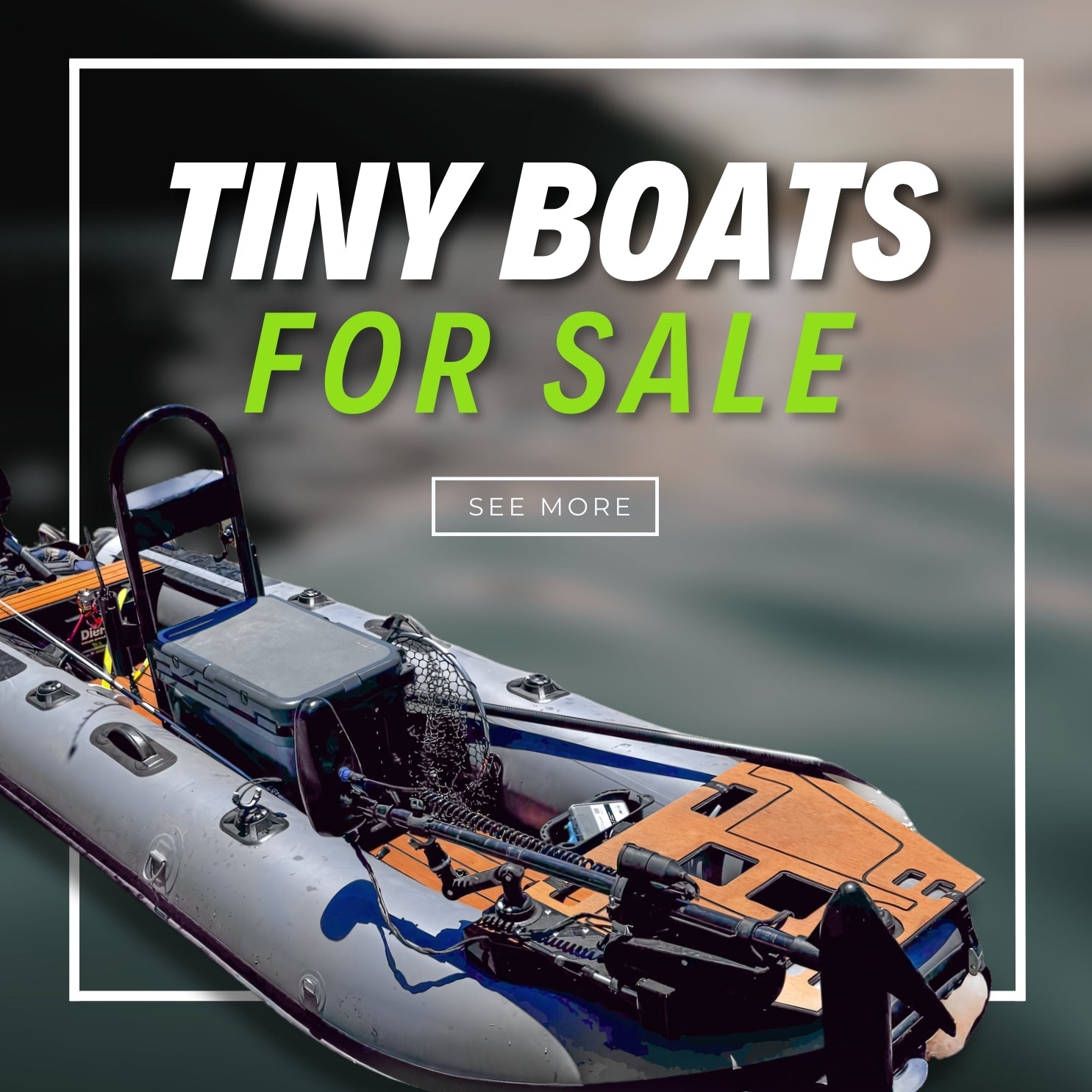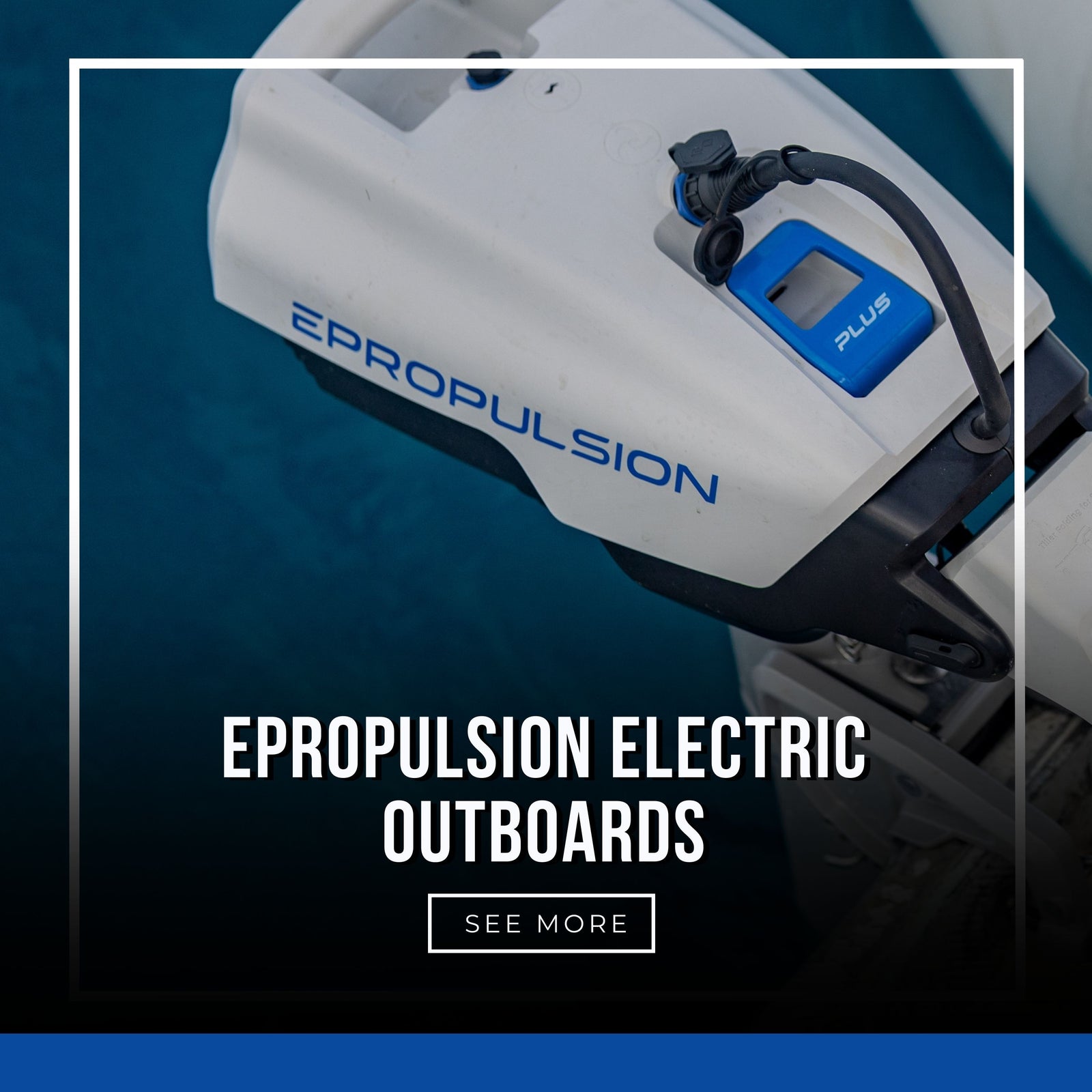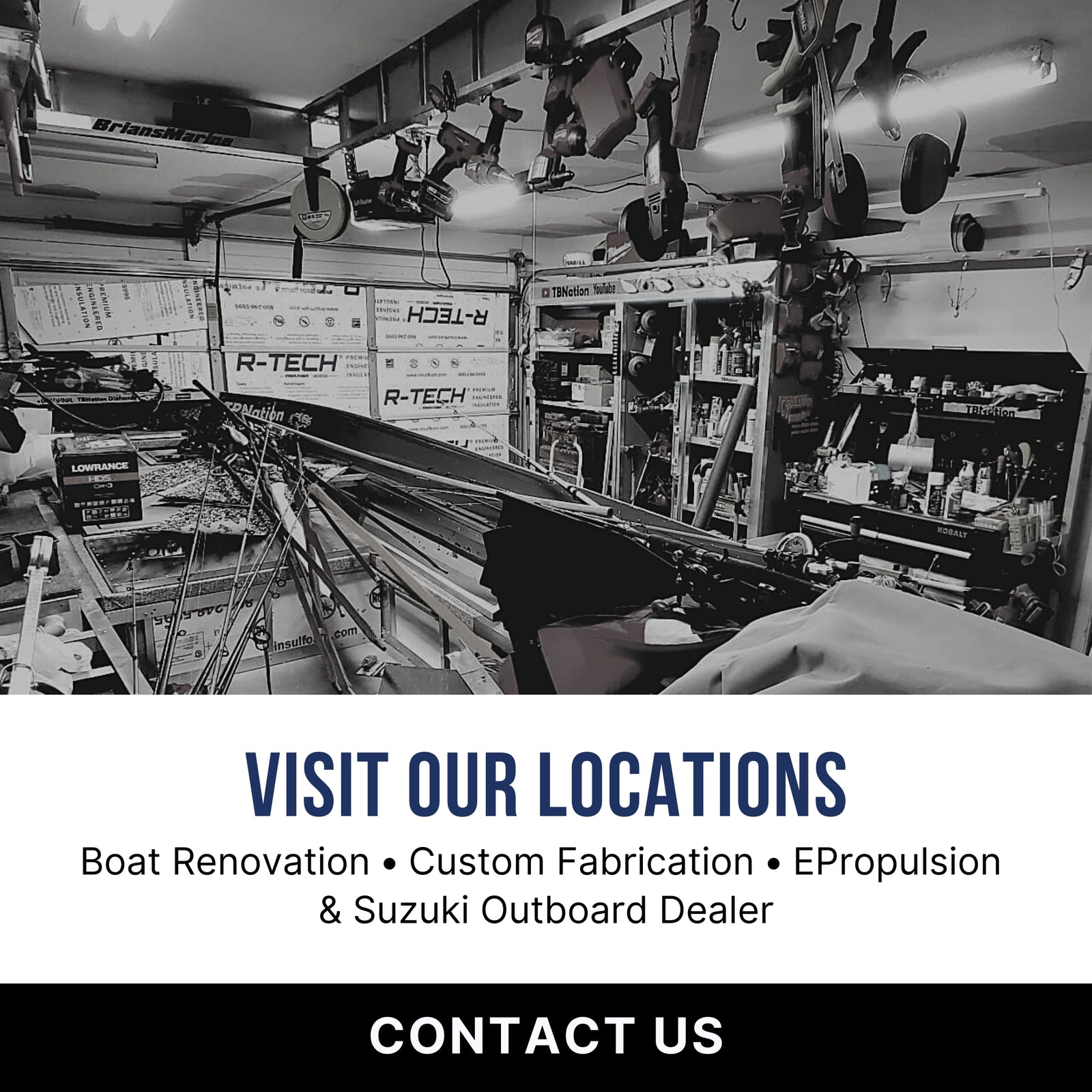Your Cart is Empty
Precision-Engineered Boat Propellers for Every Ride
Upgrade your boat's performance with TBNation’s premium selection of boat propellers. Whether you’re replacing a worn-out prop or fine-tuning your setup for better thrust and fuel efficiency, we carry a wide range of propellers for boats that are built for durability, speed, and smooth handling. As part of our broader collection of high-quality boat parts, our boat propellers for sale help you get the most out of every trip. Browse our inventory to find the right fit for your vessel.
Read MoreFAQ
-
Selecting the appropriate boat propeller involves considering factors such as your boat's size, engine horsepower, and typical usage. Understanding propeller specifications like diameter and pitch is crucial, as these affect acceleration, top speed, and fuel efficiency. Consulting with a marine professional can help ensure optimal performance.
-
Aluminum propellers are cost-effective, lightweight, and suitable for general boating purposes. However, they may be more prone to damage from impacts. Stainless steel propellers, while more expensive, offer greater durability and performance benefits, making them ideal for high-performance boats and challenging conditions.
-
Propeller pitch refers to the theoretical distance a propeller would move in one revolution. A higher pitch propeller provides greater top-end speed but may reduce acceleration, while a lower pitch enhances acceleration but can limit top speed. Balancing pitch with your boat's engine specifications and intended use is essential for optimal performance.
-
Yes, selecting the correct boat propeller can significantly impact fuel efficiency. A propeller that matches your boat's engine and usage requirements can reduce engine strain, leading to better fuel economy. Regular maintenance and ensuring the propeller is free from damage also contribute to efficient fuel consumption.
-
Indicators that it may be time to replace your boat propeller include decreased acceleration, lower top speed, increased fuel consumption, and unusual vibrations or noises. Physical signs such as dings, cracks, or bent blades also suggest it's time for an inspection or replacement to maintain optimal performance and safety.




































